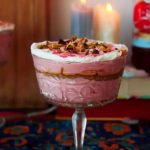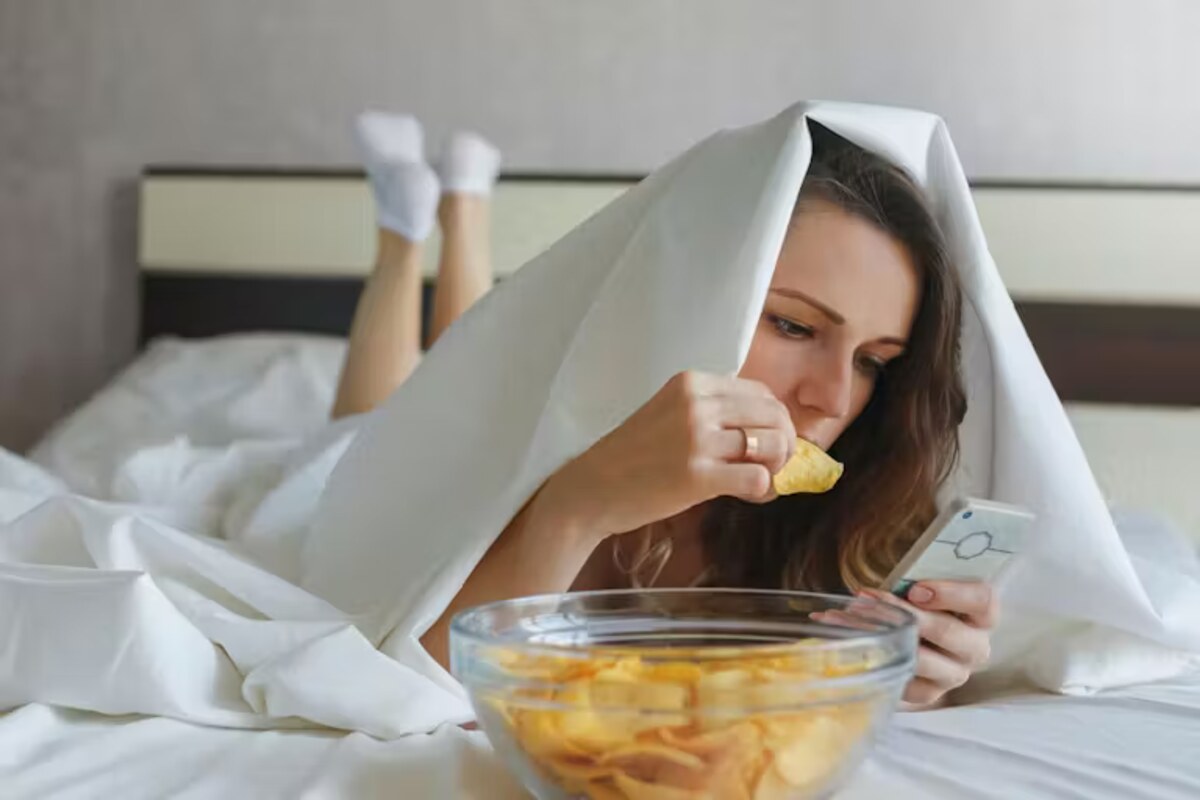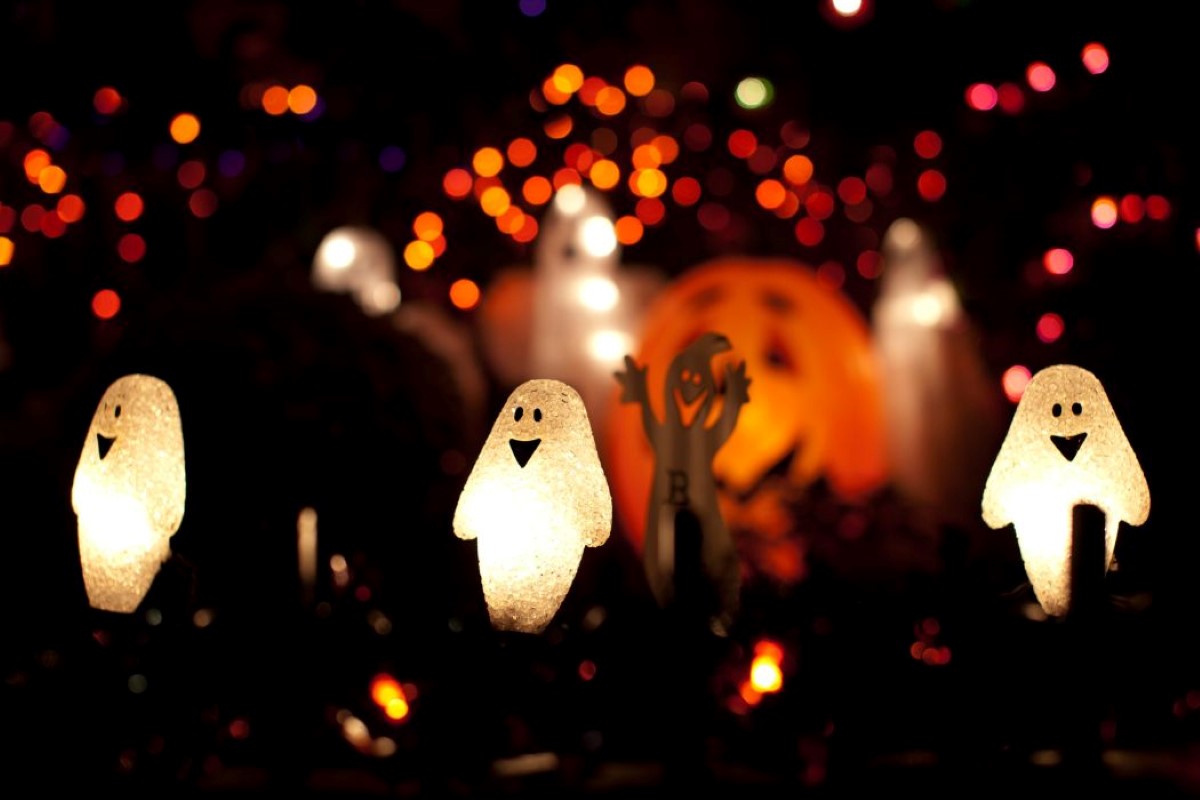Food and sleep are essential for human wellness. Indeed, healthcare professionals often prescribe a balanced diet and adequate sleep during some illnesses. However, after a long night of tossing and turning in bed, an audit of the meals served at dinner may reveal the culprit.
Meanwhile, food-related culprits of sleep disorders are not only limited to what you eat but also to when you eat it. So, this article aims to consider the biochemical and behavioral links between food and sleep patterns.
The Science of Sleep and Circadian Rhythms
Human sleep patterns and habits are mostly controlled by biochemical and physiological nuances peculiar to each individual. Sometimes, people find themselves waking at a particular time each day, even without an alarm; this could be a product of habit.
However, scientists have given a moniker to our recurrent habits of sleeping and waking, called the circadian rhythm. In simple lingo, our circadian rhythm is purely related to the functioning of our internal clock.
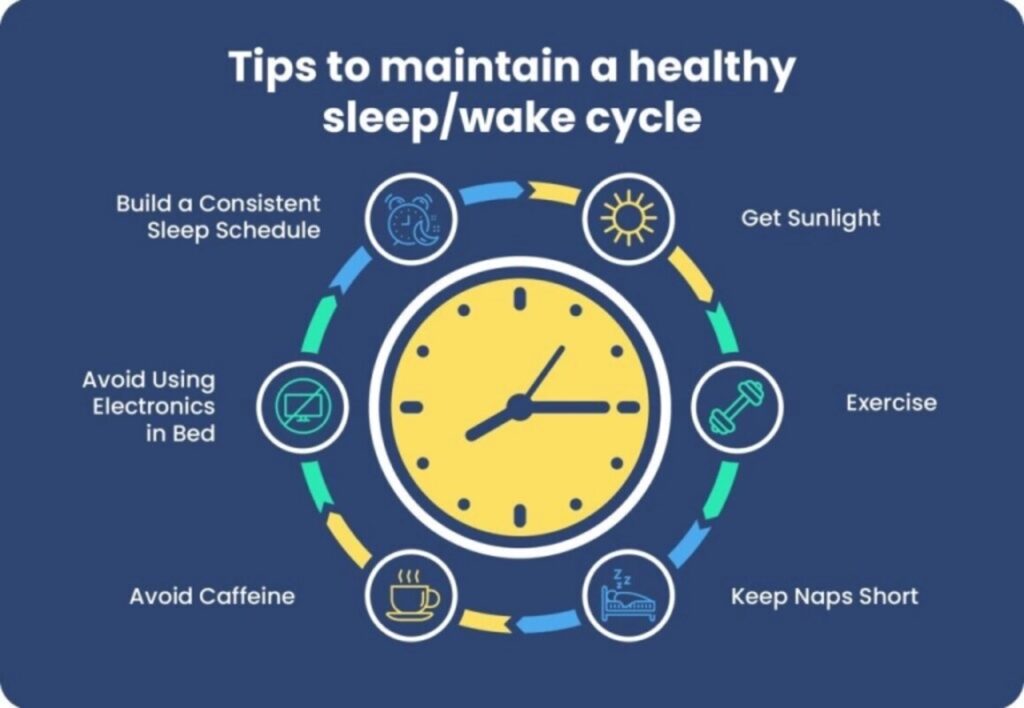
Speaking of internal clocks, your body does not possess an actual clock. However, being creatures of habit, our body secretes neurotransmitters like serotonin and melatonin at certain times of the day. These secretions are mostly in alignment with predominant sleep cycles.
Interestingly, some food items contain nutrients that serve as precursors for neurotransmitters that influence our circadian rhythm.
ALSO READ: The Psychology Behind Cravings: Why You Always Want Chocolate
Nutrients That Support Better Sleep
By ingesting food items rich in sleep neurotransmitters, it is possible to improve your sleep hygiene diet. For example, tryptophan is an amino acid common in white meat like turkey, fish, oats and dairy products. By extension, tryptophan and sleep are directly related as it aids the secretion of melatonin and serotonin, making for better sleep.
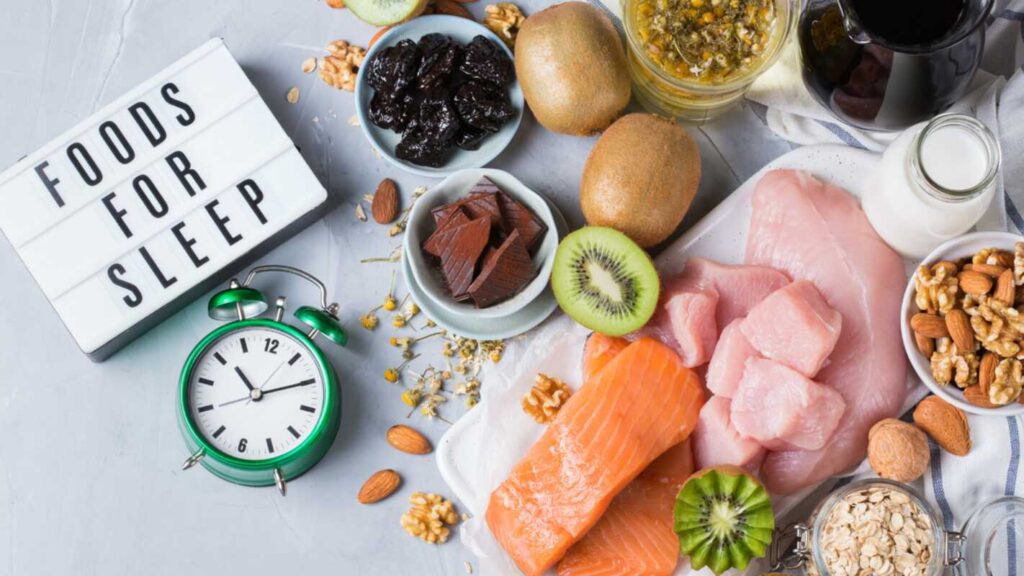
Similarly, magnesium, calcium, vitamin B6 and complex carbs play a significant role in diet and sleep quality. Spinach, almonds and bananas are rich in potassium and magnesium, aiding muscle relaxation, consequently, resulting in restful sleep.
Some other foods that help you sleep are dairy foods, complex carbohydrates and most probiotics. Dairy products like yogurt and milk are common melatonin foods as they are rich in the neurotransmitter. Complex carbs in foods like fruits, whole grains and vegetables also serve as circadian rhythm nutrition by regulating blood sugars.
Probiotics are food products that improve gut health by encouraging the growth of microbiota in the digestive tract. When the digestion of your meal is seamless, nutrition and circadian rhythm work hand in glove.
Foods That Might Disrupt Sleep
The relationship between food and sleep is yin and yang. Diet and insomnia are also a thing, courtesy of foods with the potential to disrupt sleep patterns. So, there are some foods to avoid if you are looking to enjoy your sleep.
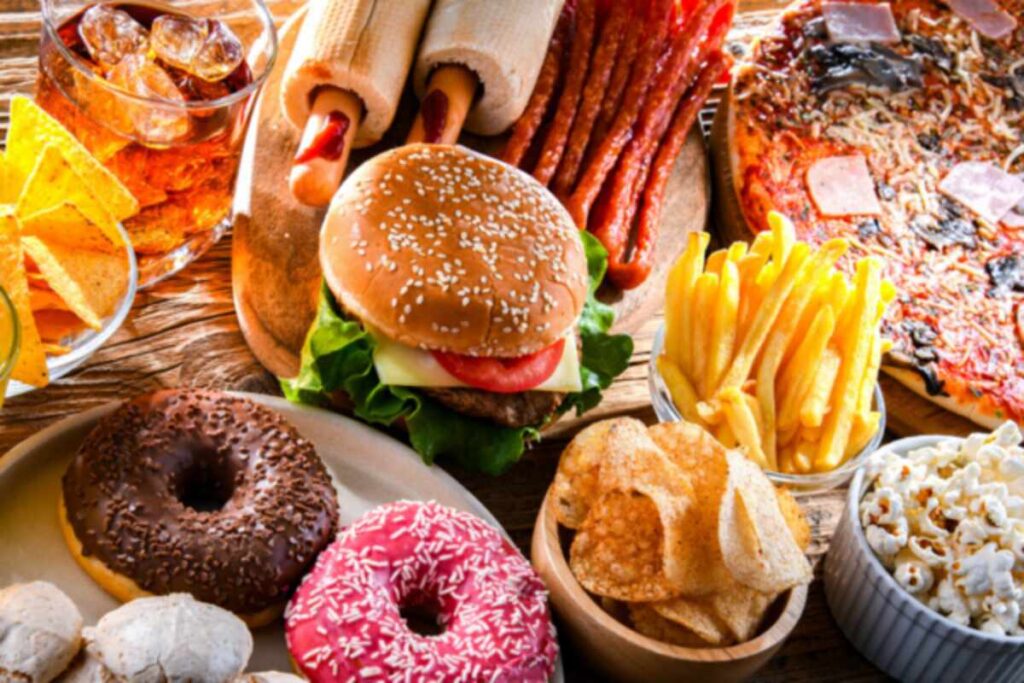
1. Spicy and acidic foods
Remember that delicious dish with hot spices seasoned with a lavish amount of vinegar; that’s the kind of food you want to avoid before bed. Hot spices and food acids can trigger heartburn, making sleep difficult. Sidestep complementing your diet and insomnia.
2. Sugary foods
Foods loaded with simple sugars, particularly nutritive sweeteners, can cause fluctuations in blood sugar levels. This makes such foods a poor sleep hygiene diet that can disrupt your sleep pattern.
3. Caffeinated foods or beverages
Caffeine is one of the common stimulants found in food. While caffeine usually occurs naturally in some foods, some companies go out of their way to introduce artificial stimulants into products like energy drinks. Caffeine and other stimulants can make you hyperactive when ingested before sleep.
4. High-protein and high-fat foods
Eating foods rich in protein and fat before bed can cause digestive discomfort and sleep disruptions. So, avoid binge eating food items like eggs, milk or salad dressing before bed.
5. Alcohol
Some folks use alcohol to induce sleep. Unfortunately, it often causes sleep disruptions later in the night. In addition, alcohol’s sedative effect can hamper rapid eye movement (REM). Taking several pints of alcohol before bed is one of those nighttime eating habits to stop if you’d like to experience blissful sleep.
Timing Matters: When You Eat Affects How You Sleep
Several wellness coaches and nutritionists encourage eating dinner early. Depending on the nutrient composition and size of a meal, food can take about an hour to digest. So, experts recommend not taking heavy meals 2-3 hours before bed.
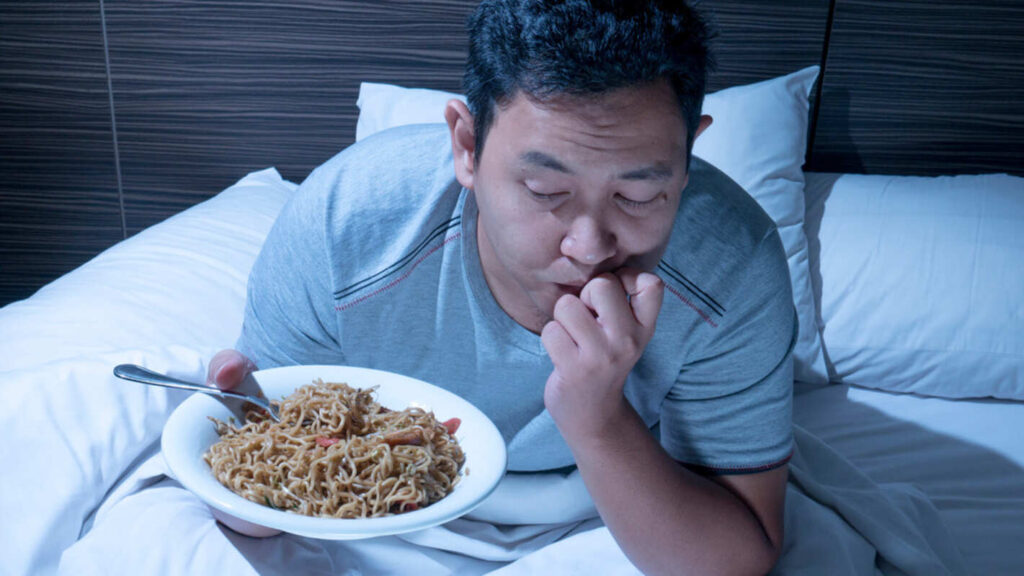
Nailing circadian rhythm nutrition is when individuals strive to observe a consistent meal time. So, it is not enough to eat sustainably; also, eat at the appropriate time.
ALSO READ: Understanding Food Expiry Dates: What’s Safe and What’s Not
Sleep-Friendly Nighttime Snack Ideas
Are you experiencing a slight touch of hunger or some subtle cravings right before sleep? A light meal or some snack is all we can recommend. Also, make sure that the meal is rich in tryptophan and sleep-encouraging nutrients. Food and sleep can become mutually beneficial to your overall well-being.
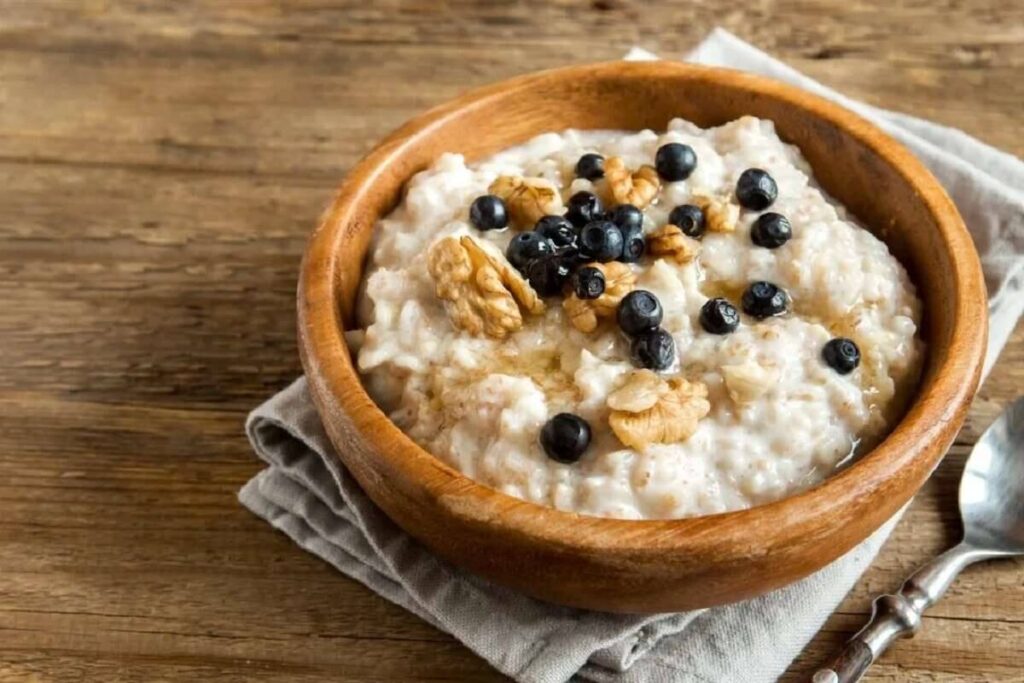
The best bedtime snacks are melatonin foods and those that induce the secretion of similar pro-sleep neurotransmitters. Small portions of oatmeal, banana with nut butter and warm milk + honey serve as great snacks before bed.
People often overlook the importance of nutrition in the quality of sleep. Circadian rhythm is influenced by several factors, and our diet sits close to the top of the list. So, we seldom have to look far before seeing how food affects sleep quality. However, don’t go to bed on an empty stomach for fear of overeating. Better sleep might just be a snack snap away.
ABOUT THE AUTHOR

Babatunde Olufemi is a food scientist, educator, and science-based food writer with academic and practical exposure to food processing, nutrition, food safety, and the global food industry. Through Quill of Grubs, he breaks down complex food science topics into clear, accessible explanations for everyday readers, students, and professionals.

